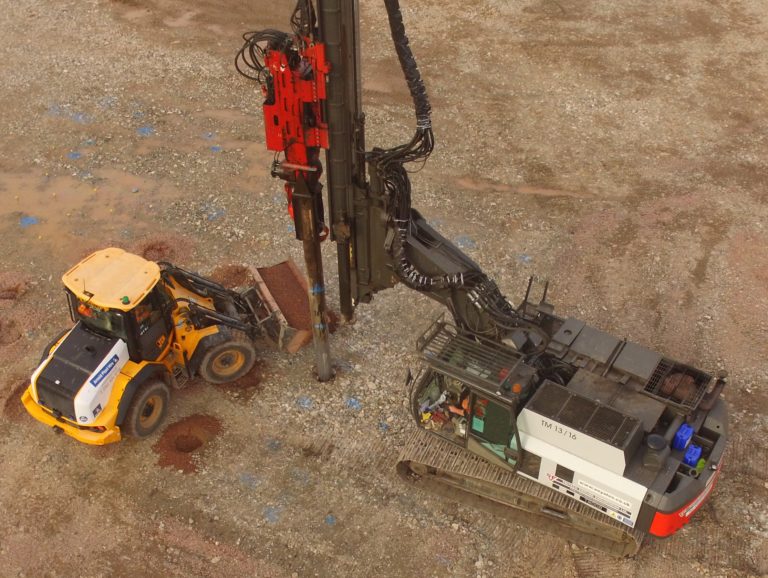From our inception Tritech Ground Engineering has been focused on achieving Net Zero. Our head office’s power supply is from 100% renewable energy sources, and we have plans to install solar panels on out office roof to further reduce our carbon footprint. The lifecycle emissions per kWh of electricity produced by rooftop solar are:
- Around 12 times less than electricity generated by natural gas (perhaps closer to 20 times less after factoring in methane leaks from natural gas)
- Around 20 times less than electricity generated by coal.
40% of our company car fleet is fully electric, and we are committed to increasing this year on year.
- They reduce carbon footprint and greenhouse gas emissions by emitting zero exhaust gases.
- They improve air quality and reduce air pollution by producing zero CO2. Therefore, they also reduce health risks like asthma.
- They reduce noise pollution.
- They lower fuel costs by using electricity instead of petrol or diesel.
- They create a new economy and promote the use of renewable energy sources.
Our Values for Your Project
Wherever possible we utilise recycled aggregate for our vibro stone columns, which uses less energy for production and eliminates the need for quarrying virgin material.
Our custom-built plant has been designed with their environmental impact in mind. For our driven piling and ground improvement works we exclusively use light-weight excavator-based rigs which are typically half the size of traditional piling rigs. They require less fuel and generally thinner piling platforms which reduces their environmental impact.
Our precast concrete suppliers use a process of water recycling along with rainwater harvesting from their curing chamber roof for use in their batching plants which generates water to manufacture approximately 50% of their concrete without having to use their mains supply, saving over 90,000l per week or 4,320,000l per annum.
The steel tubes used for our top driven steel piles are recycled drill casings salvaged from the oil and gas industry. In 2023 alone the use of this recycled material has saved over 1,442.60 tonnes of CO2e through one of our suppliers.
